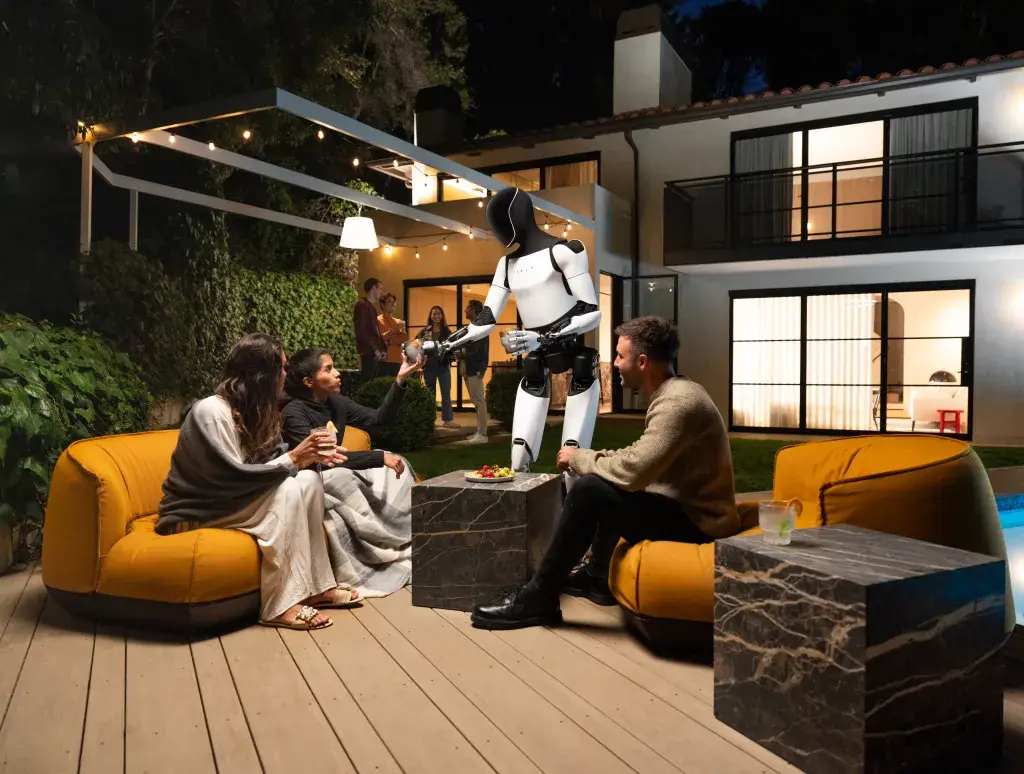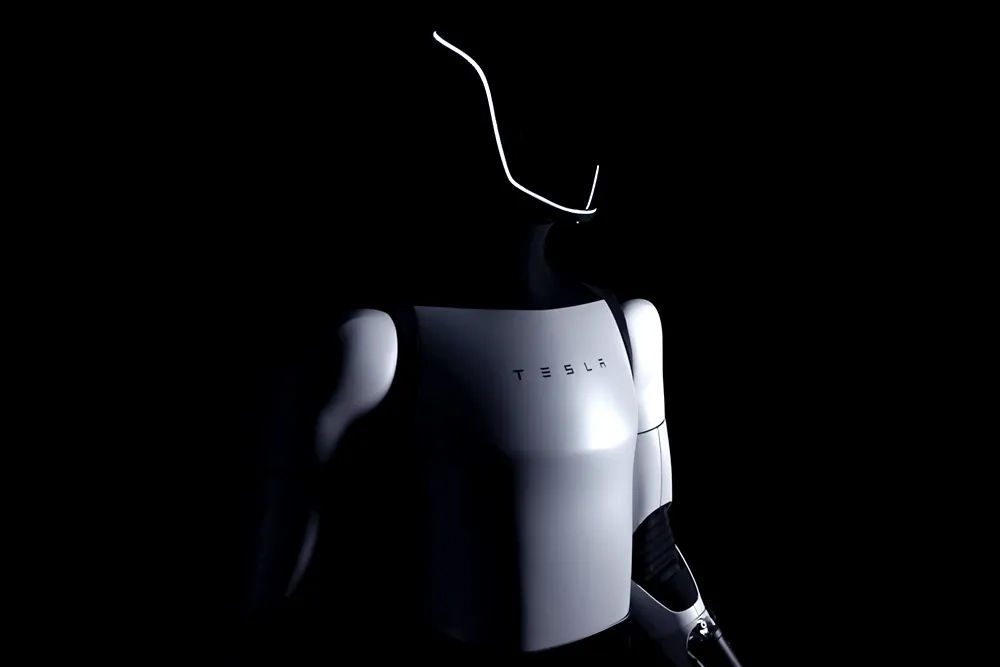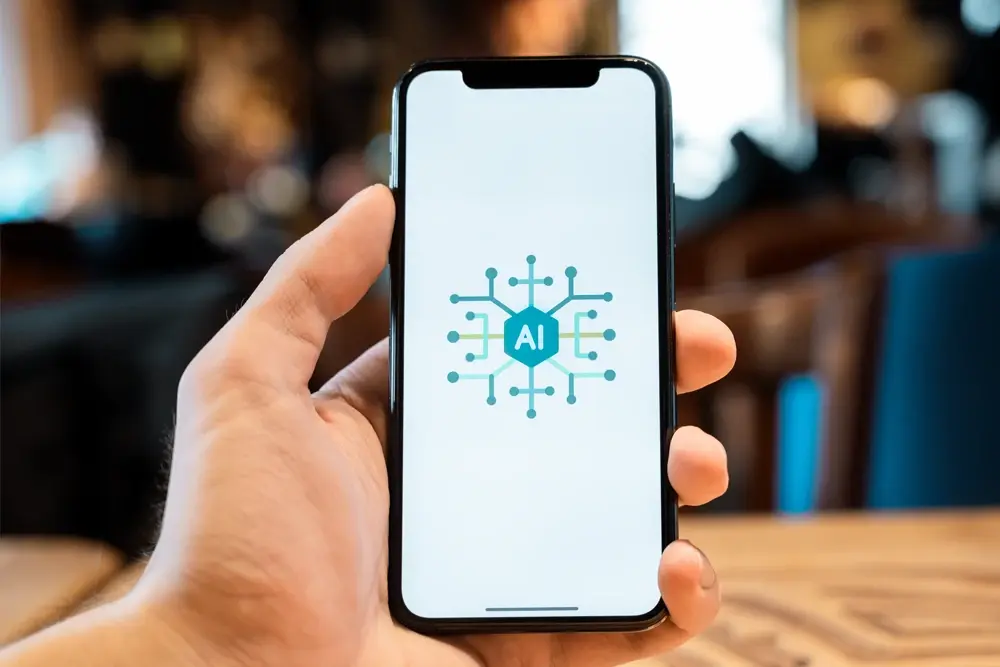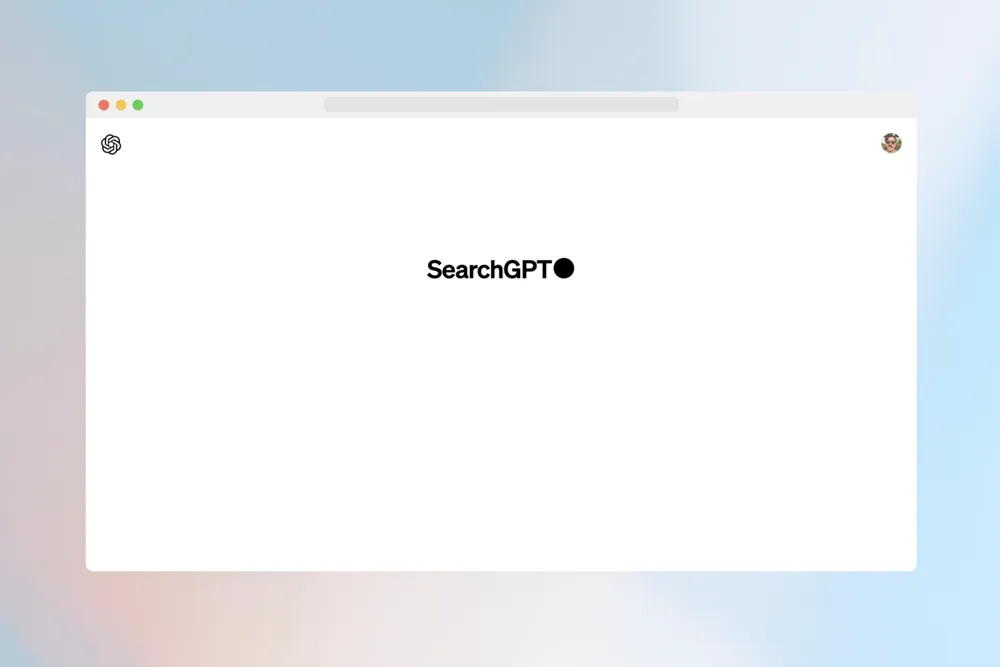Embracing innovation and enhancing our future
Robots are here, and they seem to have snuck up on us! The age of AI-powered robotics is rapidly moving toward a future where they’ll be as common as smartphones today.
The integration of robotics into daily life isn’t something far off; it’s already here, slowly creeping into different areas of our lives. From the vacuuming robots that clean our floors to AI-powered customer service bots, we’re starting to coexist with machines designed to make our lives easier.
Listen to Podcast
Created by Google NotebookLM
May 2025 Update
Optimus Dances Into the Future of Robotics
March 2025 Update
What happens when these machines become part of our daily routine? How do we feel knowing we could soon share our homes, streets, and workplaces with robots that adapt, learn, and perform complex tasks alongside us? The new age of robotics is no longer something for the distant future. It’s happening now, and it’s happening fast.

Robotics and AI are increasingly merging, creating functional machines
They are capable of understanding and interacting with humans more naturally. Are we ready to Imagine a future where robots can perform human-centric duties?
Think about a robotic assistant that can manage your household. At the same time, you’re at work or autonomous vehicles that drive your kids to school safely, with real-time data to avoid any possible hazards.
We are moving towards a world where these “dreams” are less about fantasy and more about practical applications that will affect us personally.
Robots with AI, become adaptive, intelligent, and are able to interact with their environment and us
Using AI to teach robots to understand
The real key to integrating robots into everyday life lies in artificial intelligence. Without AI, robots are just programmed machines. AI allows robots to learn from their experiences, predict what humans need, and act accordingly.
Take, for example, an intelligent kitchen robot. Instead of just following instructions, AI enables it to recognise patterns in cooking, suggesting recipes based on what’s available in your fridge or adjusting cooking times based on how you like your food.
This seamless interaction is where the magic happens. The line between machine and human begins to blur, and we treat robots less as tools and more as companions.
The players shaping the future
Many companies are pushing the boundaries of robotics, each playing a pivotal role in bringing this vision of the future closer to reality.
Boston Dynamics is known for its dynamic robots that mimic human and animal movement. Boston Dynamics has led the charge in developing robots capable of navigating complex environments.
Whether their Spot Robot, which works in warehouses or Atlas, the humanoid robot now has an updated version, and robots perform jaw-dropping gymnastic routines.
On the AI front, OpenAI, in conjunction with Figure AI and Google DeepMind, is creating AI systems that can teach robots to learn and adapt in real time. Advancements in machine learning algorithms are crucial for the intelligence needed for robots to function autonomously in dynamic, everyday environments.
Then there’s Tesla, which isn’t just about cars anymore. With the Tesla Robot (Optimus), the company is making strides in creating humanoid robots that can perform tasks ranging from grocery shopping to lifting heavy objects.
The vision is that one day, every home will have a robotic helper capable of performing mundane or physically challenging tasks we don’t want to handle.
Lastly, Amazon has quietly been revolutionising logistics with its warehouse robots. However, the company’s vision extends far beyond the warehouse, with a future where delivery drones and home assistants handle many of our day-to-day tasks.
These companies and many others converged on one goal: making robots integral to daily life.
A future with Robots
As robotics and AI develop, we’ll see them play more significant roles in everything from healthcare to entertainment. In hospitals, robots may assist with surgeries or care services, giving medical professionals more time to focus on the human element of care.
At home, we might see robots that do more than vacuum or mow the lawn—they could cook meals, perform household repairs, or even offer companionship to people.
Yet, we must acknowledge the emotional complexity of this future. Many of us find comfort in human connection, and there’s something deeply unsettling about machines mimicking that connection.
Even though a robot might perform a task with greater precision or efficiency than a human, will we feel the same satisfaction or trust in the outcome?
There’s also the broader question of how society will adapt to this new age. Jobs traditionally considered “safe” from automation, such as caregiving, hospitality, or customer service, might not be as secure as we once thought.
Machines may eventually perform these jobs, raising questions about how we define value in work. But this isn’t to say the future will be dystopian. The potential for a harmonious coexistence between humans and robots is possible.
Instead of replacing us, robots might free us from the mundane tasks that consume our time, allowing us to focus more on creative, empathetic, and social activities that truly make us human.
Robotics FAQ
What marks the new age of robotics?
The new age of robotics is characterised by the integration of AI, enabling robots to learn, adapt, and interact with humans more naturally. This goes beyond simple automation; it’s about robots understanding our needs and seamlessly integrating into our daily routines.
How is AI transforming robotics?
AI allows robots to move beyond pre-programmed tasks and into learning and adapting. Instead of just following instructions, AI-powered robots can analyze data, recognise patterns, and make decisions based on the situation. This makes them more versatile, capable of handling complex tasks, and able to interact with humans more intuitively.
What are some examples of companies leading the way in robotics?
- Boston Dynamics: Famous for its agile robots that can navigate challenging environments, such as Spot and Atlas.
- OpenAI, Figure AI, Google DeepMind: Pioneers in AI development, working to create systems that teach robots to learn and adapt in real-time.
- Tesla: Developing humanoid robots like Optimus to handle everyday tasks.
- Amazon: Revolutionising logistics with warehouse robots and looking towards a future with delivery drones and home assistants.
What potential benefits can robots bring to our lives?
Robots have the potential to revolutionise various fields:
- Healthcare: Assisting with surgeries, providing care, and freeing medical professionals’ time.
- Household: Performing chores like cooking, cleaning, repairs, and offering companionship.
- Work: Taking over mundane or dangerous tasks, allowing humans to focus on more creative and fulfilling endeavours.
What are some concerns regarding the rise of robots?
- Emotional Complexity: Humans are social creatures who find comfort in human connection, and replicating that with machines raises emotional and ethical questions.
- Job Displacement: Jobs traditionally considered safe from automation might be at risk, leading to societal and economic challenges.
- Trust and Satisfaction: While robots might be more efficient, will we feel the same sense of trust and satisfaction in their work as we do in human interaction?
How might society adapt to a future with robots?
We may need to:
- Redefine the value of work: Focusing on human skills like creativity, empathy, and problem-solving that robots can’t easily replicate.
- Develop new education and training programs: Equipping people with the skills needed in a robot-integrated workforce.
- Address ethical and social implications: Ensuring robots are used responsibly and for the benefit of all.
What does the future hold for robotics?
As technology advances, robots will likely become increasingly sophisticated and integrated into our lives. This future presents both exciting possibilities and complex challenges. It will be up to us to ensure this technology is used ethically and responsibly, creating a future where humans and robots work together for a better world.





